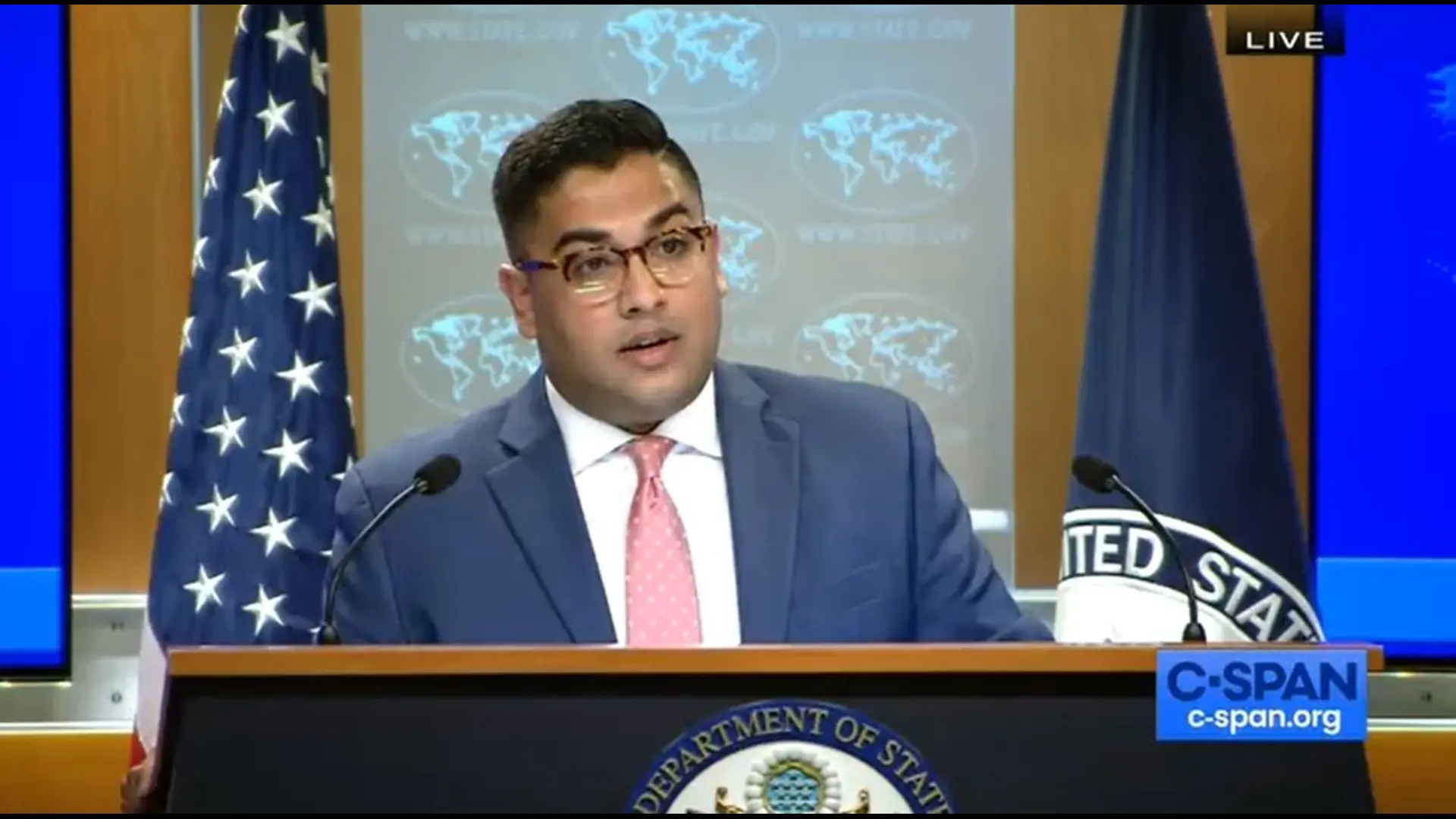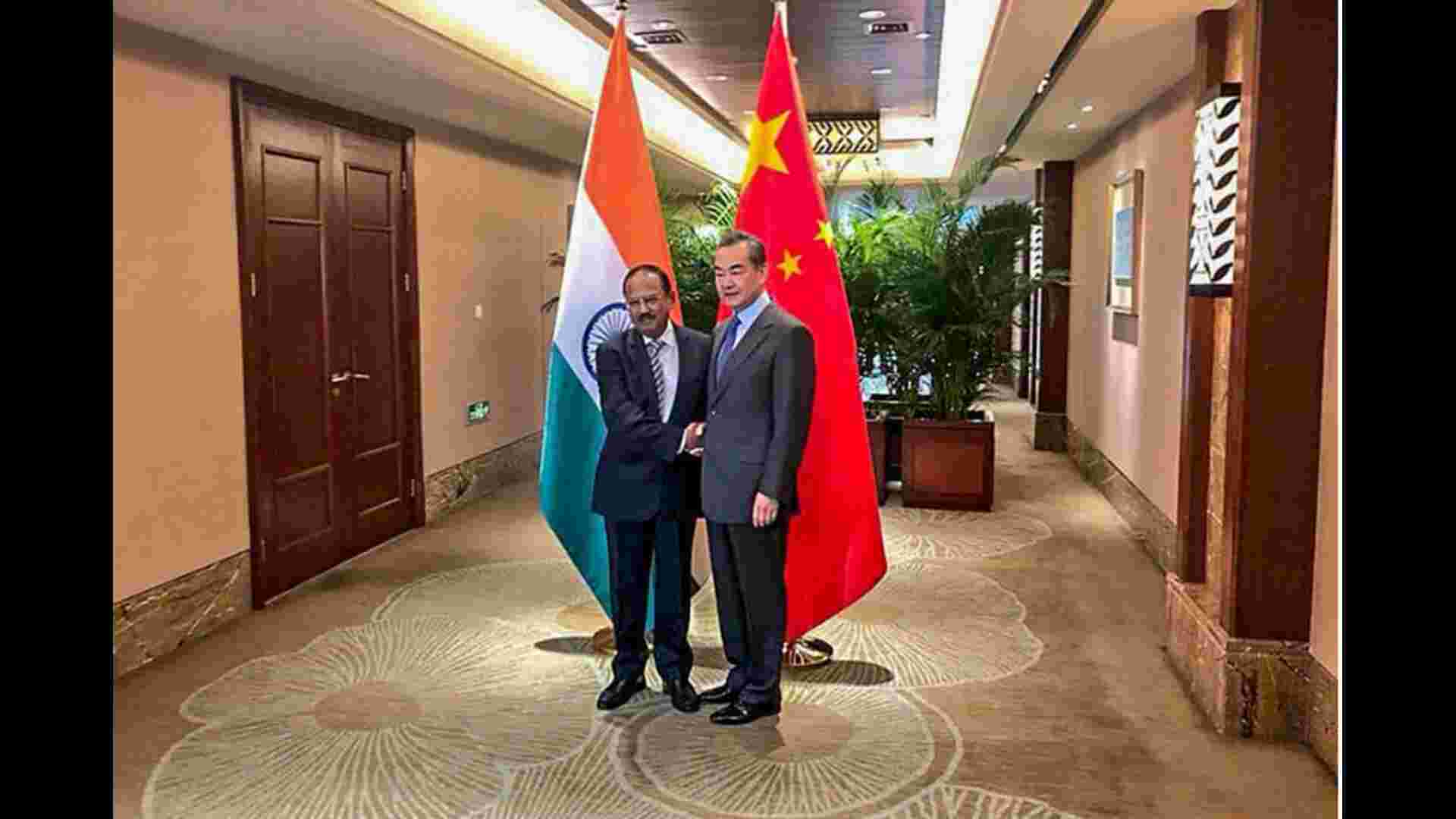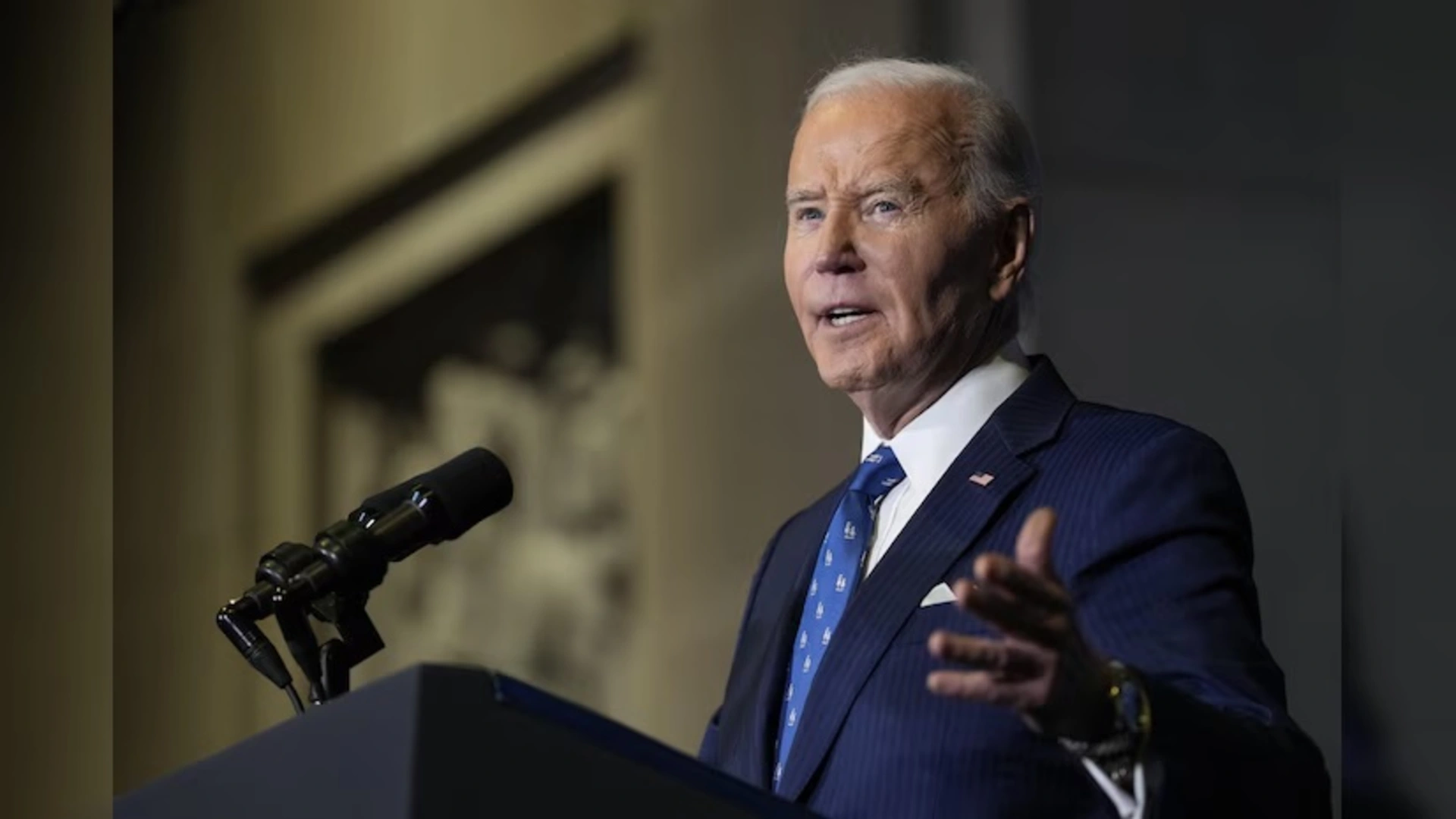As the Global Tech Summit in Vishakhapatnam, Andhrapradesh, on Thursday started off, the government says it is in pursuit of making the “city of destiny” one of the top tech-hub city after Bangalore.
The two-day summit, which is attended by several minister, will bring together the brightest minds from the tech industry to discuss the latest trends and advancements and will have 400 international participants and 25 countries represented by a 1,000-strong delegation, Dr. Srinubabu Gedela, CEO of Pulsus Group and co-convener of the Global Tech Summit, told the press at Visakhapatnam.
Rajanna Dora Peedika, Deputy Chief Minister, Government of Andhra Pradesh said In recent years, “We have seen an unprecedented advancement in technology that has transformed the way we do business. One of the most significant changes is the rise of ecommerce. E-commerce has revolutionized the retail industry, and it has made it possible for businesses to reach customers from all over the world.”
He added, “While e-commerce has been a game -changer for many urban areas, rural areas have been left behind. Many rural businesses struggle to compete with their urban counterparts because they lack the resources to market their products effectively. However, there is an opportunity for rural businesses to leverage the power of e-commerce to sell their products online.”
Gudivada Amarnath, Minister of Industries, Infrastructure, Investment & Commerce, Information said, “With the rapid advancements in technology, automation and artificial intelligence are becoming more prevalent in the workplace. This is leading to the creation of new jobs in fields like data analysis, software development, and cybersecurity. However, it is also leading to the displacement of workers in industries like manufacturing, retail, and transportation. As a result, it is crucial that we prepare our workforce for the changing demands of the job market and equip them with the skills they need to succeed in the future.”
He further said, “To address this, we must focus on building a workforce that is adaptable, resilient, and skilled in the latest technologies. This means investing in education and training programs that equip workers with the skills they need to thrive in the digital economy. We must also prioritize retraining programs that help workers transition into new industries and provide support to those who have been displaced.”















